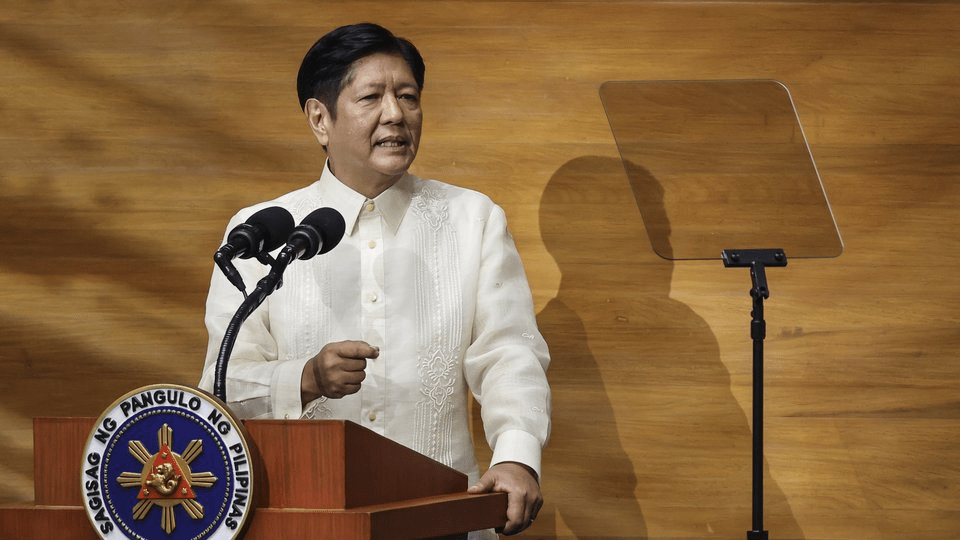
Philippines President Ferdinand Marcos Jr. Orders Shutdown of Online Casinos Linked to Criminal Activities and China
Fiona Nanna, ForeMedia News
5 minutes read. Updated 8:10PM GMT Wed, 24July, 2024
Philippine President Ferdinand Marcos Jr. has ordered the shutdown of the extensive network of online casinos known locally as Pogos, short for Philippine Offshore Gaming Operators. This industry, which largely targets players in mainland China where gambling is illegal, has been increasingly implicated in a variety of criminal activities, ranging from telephone scams to human trafficking.
A Surge in Criminal Activity
Pogos thrived under the administration of Marcos’ predecessor, Rodrigo Duterte, who fostered closer ties with China during his tenure. However, President Marcos, in his annual address to parliament on Monday, condemned the industry, stating the need to halt the “desecration of our country.”
“Disguising as legitimate entities, their operations have ventured into illicit areas furthest from gaming such as financial scamming, money laundering, prostitution, human trafficking, kidnapping, brutal torture, even murder,” Marcos asserted.
On Tuesday, the Philippines’ gaming regulator announced the cancellation of Pogo licenses and a plan to wind down the sector by the end of the year. According to government estimates, the Pogo industry consists of over 400 licensed and unlicensed operations, employing around 40,000 people directly and indirectly. Despite generating an estimated 166.5 billion pesos ($2.9 billion; £2.2 billion) annually, the economic costs are believed to exceed 266 billion pesos each year.
Pogos Under Scrutiny
The BBC has reached out to businesses and employees connected to Pogos, but they have declined to comment. The industry’s alleged ties to criminal rings have been under national scrutiny, particularly after a Pogo in a small town was discovered to be a front for a scam centre. The town’s mayor, Alice Guo, is currently accused of espionage for China and is believed to be in hiding.
Authorities have also linked Pogos to clandestine hospitals, which allegedly provide services to those working in these online casinos. These hospitals are said to offer plastic surgery to fugitives and scam centre workers to help them evade arrest.
China’s ‘Creeping Occupation’
Since taking office, President Marcos has reversed Duterte’s pro-China stance, moving closer to the US, the Philippines’ historic ally. Analysts suggest that the Pogo ban could be seen as another step in distancing the Philippines from China, especially amid escalating territorial disputes in the South China Sea.
Jean Encinas-Franco, a professor at the University of the Philippines Diliman, commented, “Pogos’ presence has ceased to be a mere law and order problem. It has been linked to China’s creeping ‘occupation’ of the Philippines for ordinary Filipinos.” She further noted that Marcos’ move could boost his approval ratings ahead of the crucial mid-term elections in 2025.
Local Reactions
Locally, the ban has been welcomed as beneficial for business. Philippine Trade Secretary Alfredo Pascual told local media that it makes the country “more attractive to those who are seeking leisure… because Pogo creates a bad impression, resulting in violence.”
George Barcelon, chairman of the Philippine Chamber of Commerce and Industry, echoed this sentiment, stating that Pogos attract undesirable elements and “endangers the moral fibre of our nation.”
Backlinks:
- Learn more about Ferdinand Marcos Jr.’s policies.
- Detailed analysis on Pogos and their impact.
- Explore the history of Pogos under Duterte.

